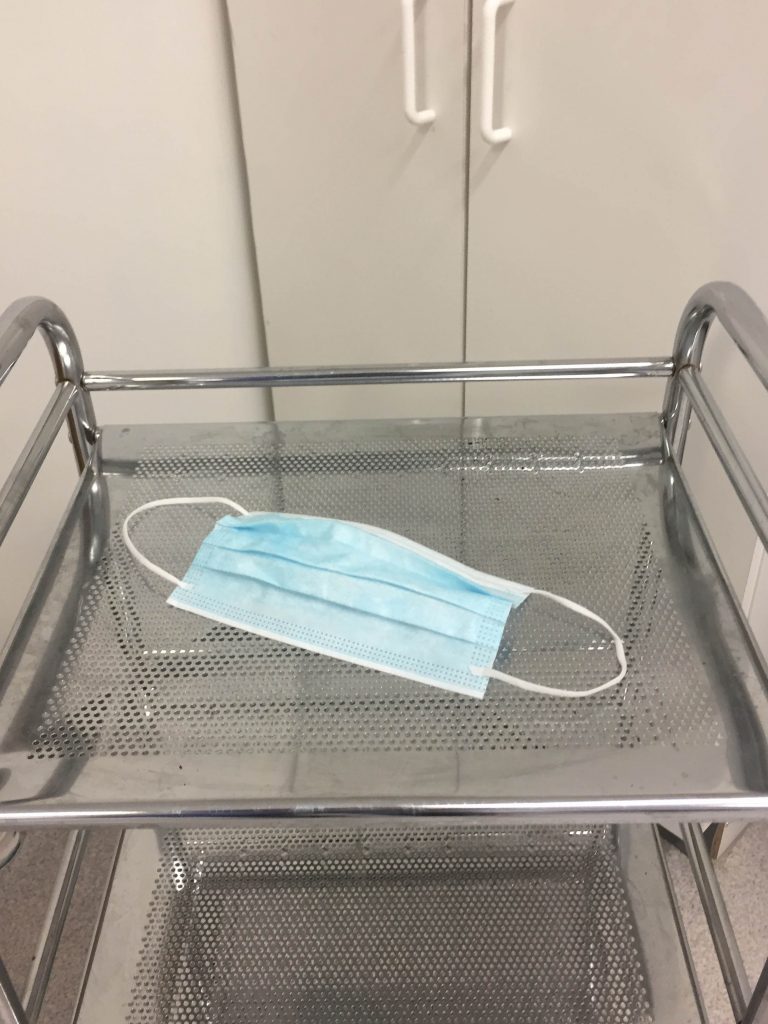By Brianne Goertzen

As Manitoba re-opens, COVID-19 remains a pressing public health threat—one that will continue to require governments of all levels to step up with more efforts to protect the public. The Manitoba provincial government will have to do its part.
Manitoba still has a shortage of personal protective equipment (PPE), including N-95 masks, for all health care workers, including home care and personal care home staff.
These are essential workers and we can’t turn them into sacrificial workers.
Manitoba also needs a higher rate of COVID-19 testing, especially as we are re-opening. Tracking community spread will be key to protecting public health and to protecting our health care system from overload.
According to Dr. Brent Roussin, Manitoba needs to reach approximately 1,500 to 2,000 tests a day, which translates into one per cent of the population, to ensure proper tracking and tracing. Currently we are not operating at this level. The rate of tests in Manitoba have been fluctuating between 374 – 800 tests per day, so we need to double our efforts.
Increasing testing is a priority, but how we get there is of equal importance.
Instead of adding capacity to our public system, the Manitoba government expanded a private partnership with Dynacare, promising a maximum testing rate of 3,000 tests per week.
Dynacare sends samples to Brampton, which has a reported capacity of 1,400 tests per day in Brampton.
That begs two questions: How will Dynacare be accountable if it falls short of what’s needed? And why wouldn’t we invest those health care dollars into local public jobs, to bolster our capacity to respond to public health threats in a pandemic and beyond?
These aren’t academic questions. Without a vaccination, COVID-19 can resurge. Without reliable testing, tracking, and PPE access, it is very risky to open up Manitoba. But here we are, in the re-opening phase.
To add fuel to the fire, the Manitoba government has responded to this pandemic with an austerity agenda that puts lives and the economy at risk.
Public sector cuts in the middle of a pandemic do more harm that good.
Even before COVID-19 struck, provincial operating funding for health and public services fell short of the need. Cutting the budgets of other public sectors, like universities, as a rationale for managing the additional health costs due to the pandemic creates more problems.
Universities, colleges, and community-based non-profits are vital in addressing the socially determined causes of poor health—“the conditions in which people are born, grow, live, work and age.”
Clawing back provincial funding is counter-productive. The government will only exasperate poor health conditions, leading to greater dependency on the public health system. Funding public health care, education, and services for the vulnerable are critical to Manitoba’s economic recovery as we re-open.
If COVID-19 is showing us anything, it’s the true value of public health, public services and supports in times of trouble, and the strong role government has to play in protecting the public good.
We can’t go back to the old austerity playbook, where governments cut so much it made us all vulnerable to a pandemic where we weren’t as prepared as we could have been.
Before COVID-19, changes in health care in the province made headlines. We were about to enter into the rural and northern health care phase of the province’s overhaul while the urban health care overhaul was still in disarray.
We were already falling short in many ways. For example, staff vacancy rates have been hovering around 20 per cent since February 2019.
This past winter, there were glaring hospital capacity issues in the face of the regular flu season, low staff morale, mandatory overtime, closure of facilities, questionable patient care, staff safety in the cross hairs, inadequate personal care home staffing and the ever dwindling funding.
Yet the province’s latest budget funding kept health care funding to well below inflation and cut the public health department by $612,000.
The pandemic appears to be a cover for a government bent on an ideology that puts private markets ahead of the public good. And that doesn’t end well for Manitobans.
Brianne Goertzen is the Provincial Director of the non-partisan Manitoba Health Coalition and a Canadian Centre for Policy Alternatives – Manitoba steering committee member. She serves as a school trustee for Ward 3, River East Transcona School Division.


